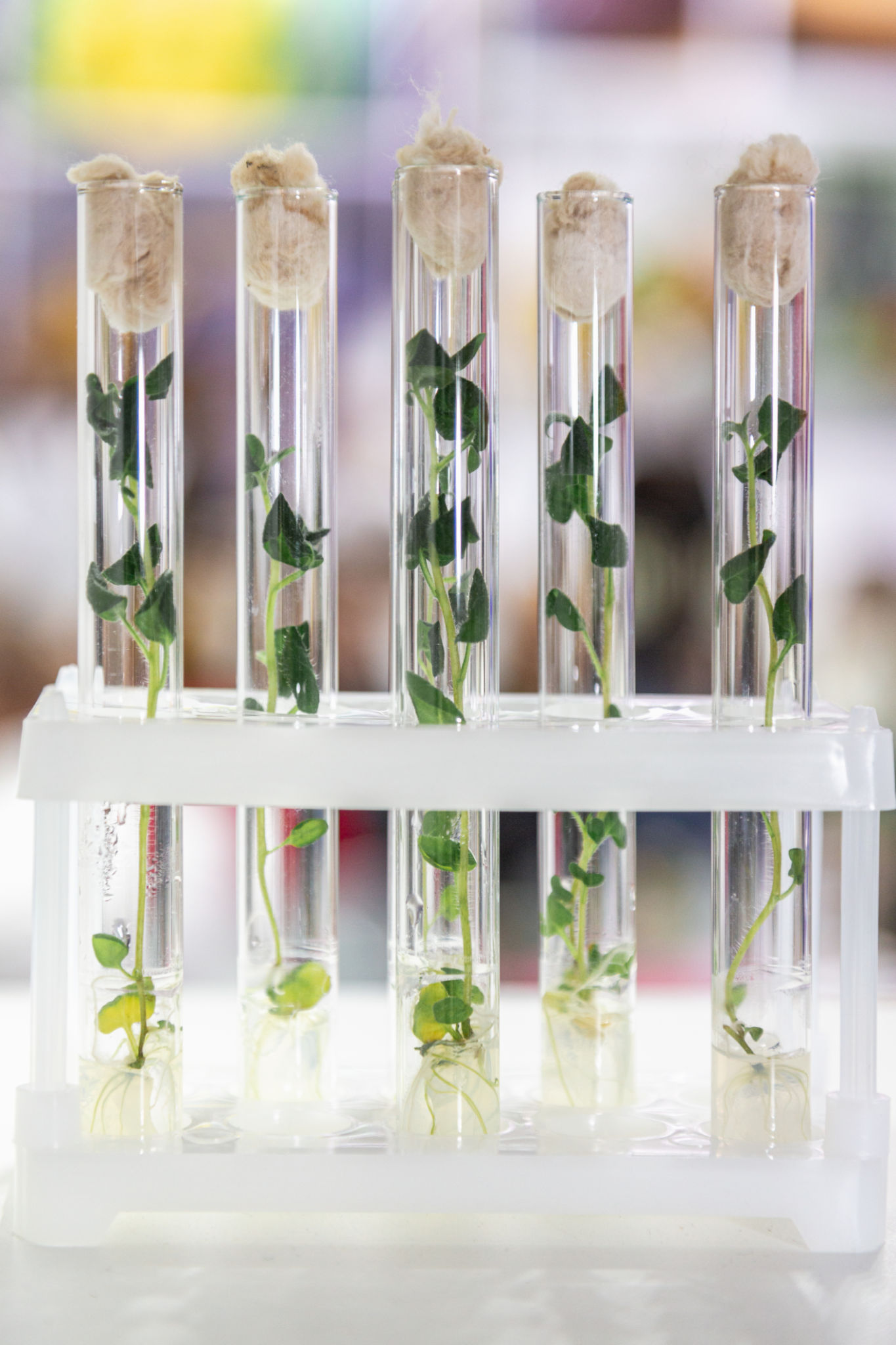The Role of Innovation in Sustainable Agriculture Practices
Understanding Sustainable Agriculture
Sustainable agriculture is a method of farming that focuses on producing food in a way that maintains the health of the environment, supports economic viability, and enhances the quality of life for farmers and society. It aims to meet current food needs without compromising the ability of future generations to do the same. The role of innovation in sustainable agriculture is crucial as it helps to develop practices that are both productive and environmentally friendly.
Driving Forces of Innovation
The push for sustainability in agriculture is driven by several factors, including climate change, resource scarcity, and the growing global population. These challenges necessitate innovative solutions to improve efficiency, reduce waste, and minimize environmental impact. Innovations in technology, such as precision agriculture and biotechnology, are at the forefront of this revolution, enabling farmers to produce more with less.
Additionally, innovation in sustainable agriculture is not limited to technological advancements. It also includes new farming techniques, improved crop varieties, and better resource management strategies. These innovations are vital in ensuring that agriculture can continue to meet the demands of a growing world population while preserving the planet’s natural resources.

Technological Innovations
Technological innovations have a significant impact on sustainable agriculture practices. Precision agriculture, for example, utilizes GPS technology and data analytics to monitor and manage farm operations with high precision. This approach allows farmers to apply water, fertilizers, and pesticides more efficiently, reducing waste and minimizing environmental impact.
Biotechnology and Genetic Engineering
Biotechnology is another area where innovation is playing a critical role. Through genetic engineering, scientists are developing crop varieties that are more resistant to pests, diseases, and extreme weather conditions. These genetically modified crops require fewer chemical inputs and can thrive in less-than-ideal conditions, promoting sustainability and reducing the environmental footprint of agriculture.

Innovative Farming Techniques
Beyond technology and genetics, innovative farming techniques contribute significantly to sustainable agriculture. Practices such as crop rotation, cover cropping, and agroforestry enhance soil health, conserve water, and increase biodiversity. These methods help maintain the ecological balance and improve the resilience of farming systems to climate change.
Resource Management Strategies
Effective resource management is another crucial aspect of sustainable agriculture. Innovations in water management, such as drip irrigation and rainwater harvesting, help conserve water and improve efficiency. Similarly, organic farming practices reduce dependency on synthetic chemicals and promote the use of natural inputs, leading to healthier ecosystems.

The Future of Sustainable Agriculture
The future of sustainable agriculture relies heavily on continued innovation. As global challenges evolve, the need for new solutions will only increase. Collaborative efforts between scientists, farmers, and policymakers are essential to drive innovation and implement sustainable practices on a larger scale.
Moreover, education and awareness play a vital role in promoting sustainable agriculture. By increasing knowledge and understanding of sustainable practices, we can empower communities to adopt these methods and contribute to a more sustainable future.
In conclusion, innovation is a key driver of sustainable agriculture. Through technological advancements, improved farming techniques, and effective resource management, we can create a more resilient and sustainable food system that meets the needs of current and future generations.
